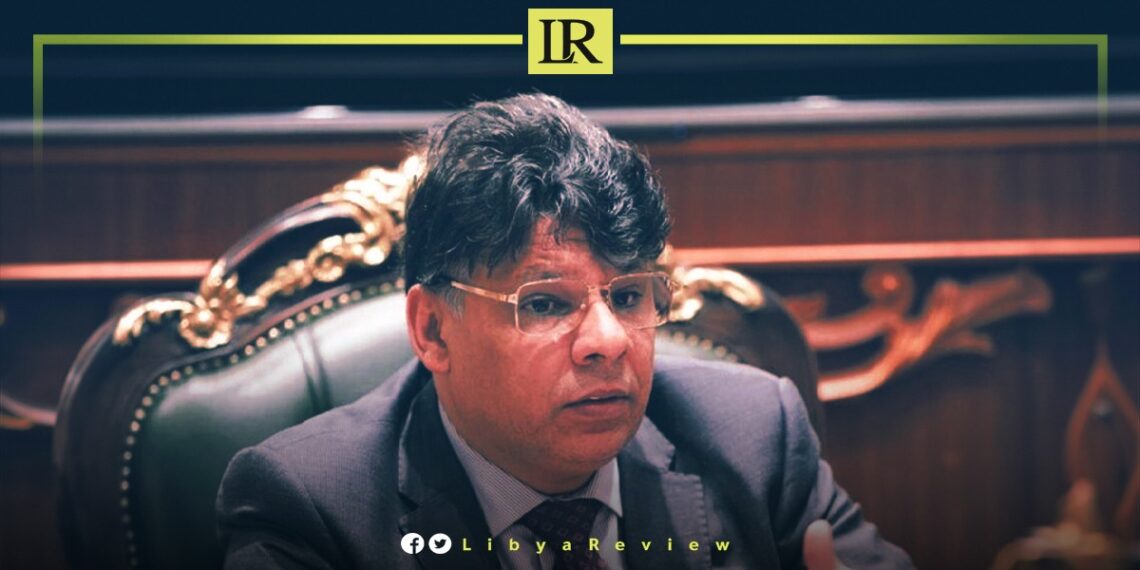Libya’s Attorney General, Al-Siddiq Al-Sour, has raised serious concerns over the widespread failure to enforce judicial decisions in the capital, Tripoli.
He revealed that over 56,000 final court rulings remain unenforced, many involving serious criminal convictions, pointing to a deep-rooted dysfunction in the capital’s justice system.
Speaking to a group of newly appointed prosecutors, Al-Sour described how individuals convicted of crimes, including embezzlement and corruption, have continued to work in public institutions and even been promoted.
One striking example he cited involved a man convicted in 2010 for embezzlement, who today holds the rank of Major General in the Ministry of Interior, a position he achieved despite never serving his sentence.
“These are not isolated cases,” Al-Sour warned. “This is a systemic issue. We have individuals with final rulings walking free and even running institutions.” He emphasized that the capital, in particular, remains plagued by poor enforcement, political interference, and the influence of armed groups, all of which prevent the execution of judicial orders.
Despite the challenges, Al-Sour noted that the Public Prosecution has made recent progress. Over 18,000 verdicts have been enforced, some dating back more than a decade.
To compensate for the security vacuum in certain areas, authorities have begun implementing alternative punitive measures, including freezing bank accounts, suspending salaries, and blocking civil records. These steps have prompted some convicts to surrender voluntarily.
“The crime doesn’t disappear just because time has passed,” he said. “Anyone convicted 15 years ago can still be brought to justice today. The Public Prosecution is regaining its strength, and the rule of law will prevail.”


